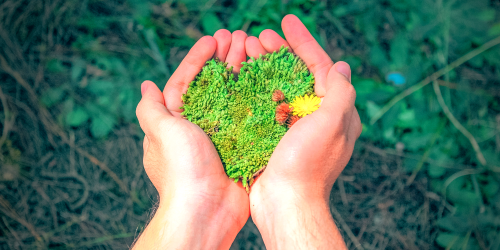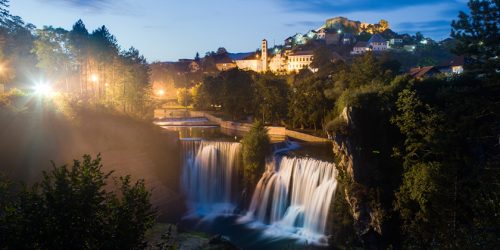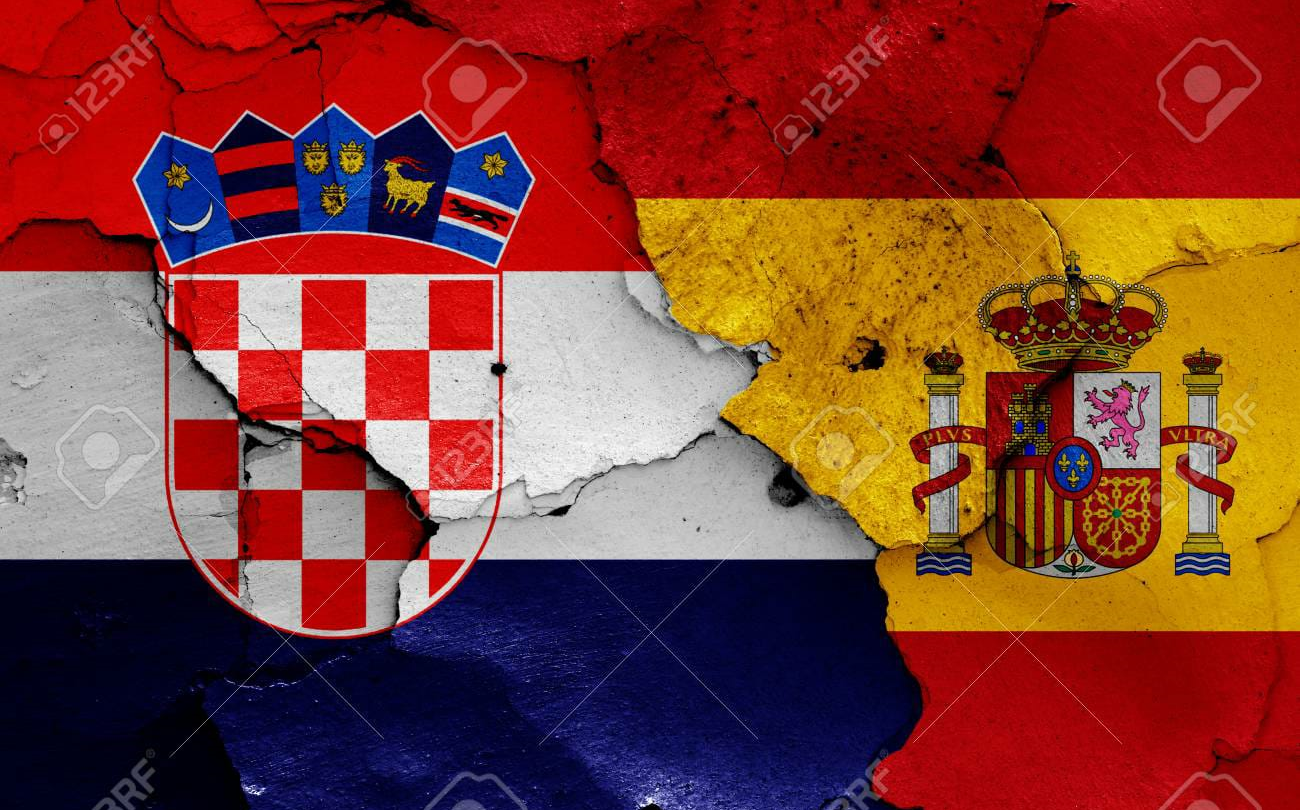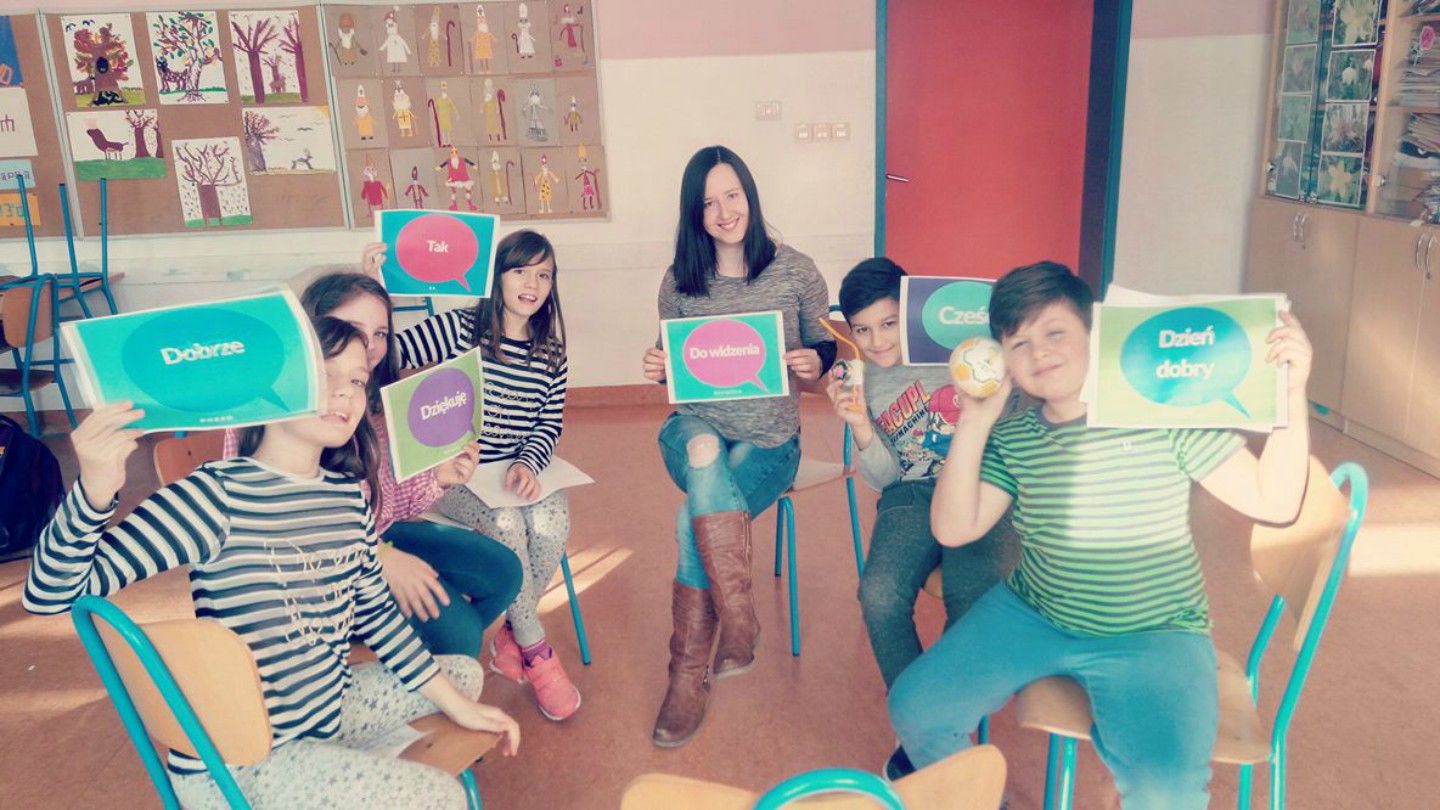Go vege for the environment
There are many reasons one might consider going vegetarian or vegan. Some people choose to do so simply because they believe eliminating meat and other animal products from their diet will be beneficial for their health (which can be true or not depending on each person’s situation). The most obvious argument for vegetarianism or veganism is, of course, the ethical one – deciding not to consume animal products means contributing to a decrease in animal suffering. However, did you know that it is also a way to reduce our negative impact on the environment?
The production of meat and dairy, on the scale it is done these days, has a great significance for the environment. It uses huge amounts of water and land, causes pollution and emits tons of greenhouse gases, accelerating the climate change as a result.
According to FAO, the livestock sector is estimated to be responsible for 14,5% of all human-induced greenhouse gas (GHG) emissions globally. The most recognizable of those gases is, of course, carbon dioxide (CO2). However, raising animals for food also produces a much larger share of GHG which can be even more harmful for the environment. For example, the livestock industry generates 65% of human-related nitrous oxide (mostly coming from manure) and cows and sheep alone are responsible for 37% of the total methane generated by human activity – both of these gases have a bigger warming potential than CO2. The livestock industry also generates 64% of ammonia, which is a major contributor to acid rain. It has already been proven that lowering the amount of consumed meat lowers the dietary greenhouse gas (GHG) emissions of an average person. In a comparison of vegan diet and high-meat diet, it was estimated that on average 2,5 times less GHG were emitted for the person who did not consume any animal products.
The production of animal products is a source of non-atmospheric pollution as well. Farmed animals produce huge amounts of excrement. In addition, more fertilizers and pesticides are often used in growing feed crops than other crop varieties. This leads pollutants such as nitrogen, phosphorus, nitrates or antibiotics to enter the soil and waterways, damaging the ecosystems and contaminating our water supplies.
This is not the only way in which producing meat and dairy is a threat to our water supplies. That is because it is a very water intensive process. Farming as a whole uses around 70% of the water available to humans and most of this water goes towards raising livestock. Water is needed for the animals to drink, for growing feed crops and for the production process of the food that we finally get in stores. It is more efficient to rely on producing plants for human consumption. Another argument for it is the use of land – nearly 30% of Earth’s land surface is used for livestock and animal feed production. That accounts for over 70% of all agricultural land, much of which could be used for growing crops that could directly feed humans instead. On top of that, livestock farming is responsible for widespread deforestation, desertification, destruction of the natural habitats of many animals and loss of biodiversity.
There are some arguments presenting that plant based diets can be just as harmful for the environment as those containing animal products. That is because certain plants, such as avocados, almonds or cashew nuts are extremely water-intensive crops. Another issue is the import, for example of tropical fruits, which has a high carbon footprint. The truth is, there are no foods which do not have any impact on the environment. If we really want to minimize it, we need to consider where our food comes from and how it is grown. However, some of the choices are generally more harmful than others and eating meat, especially beef, is on average worse for the environment.
Taking all of this into consideration – why not try to eat less animal products? If you find it hard to eliminate them completely, start with lowering the amounts. Drink your coffee with a non-dairy milk from now on or maybe decide on one meatless day a week. Collectively, our small changes can create a big one.
Kornelia Makowska
For more information and sources, take a look here:
- https://link.springer.com/article/10.1007/s10584-014-1169-1
- http://www.fao.org/ag/againfo/resources/en/publications/tackling_climate_change/index.htm
- https://ourworldindata.org/agricultural-land-by-global-diets
- https://www.downtoearth.org/go-veggie/environment/top-10-reasons
- https://environment.co/5-environmental-benefits-of-vegetarianism/
- https://www.theguardian.com/lifeandstyle/2010/jul/18/vegetarianism-save-planet-environment
- https://www.bbc.com/future/article/20200211-why-the-vegan-diet-is-not-always-green
Photo by Chantal Garnier on Unsplash






